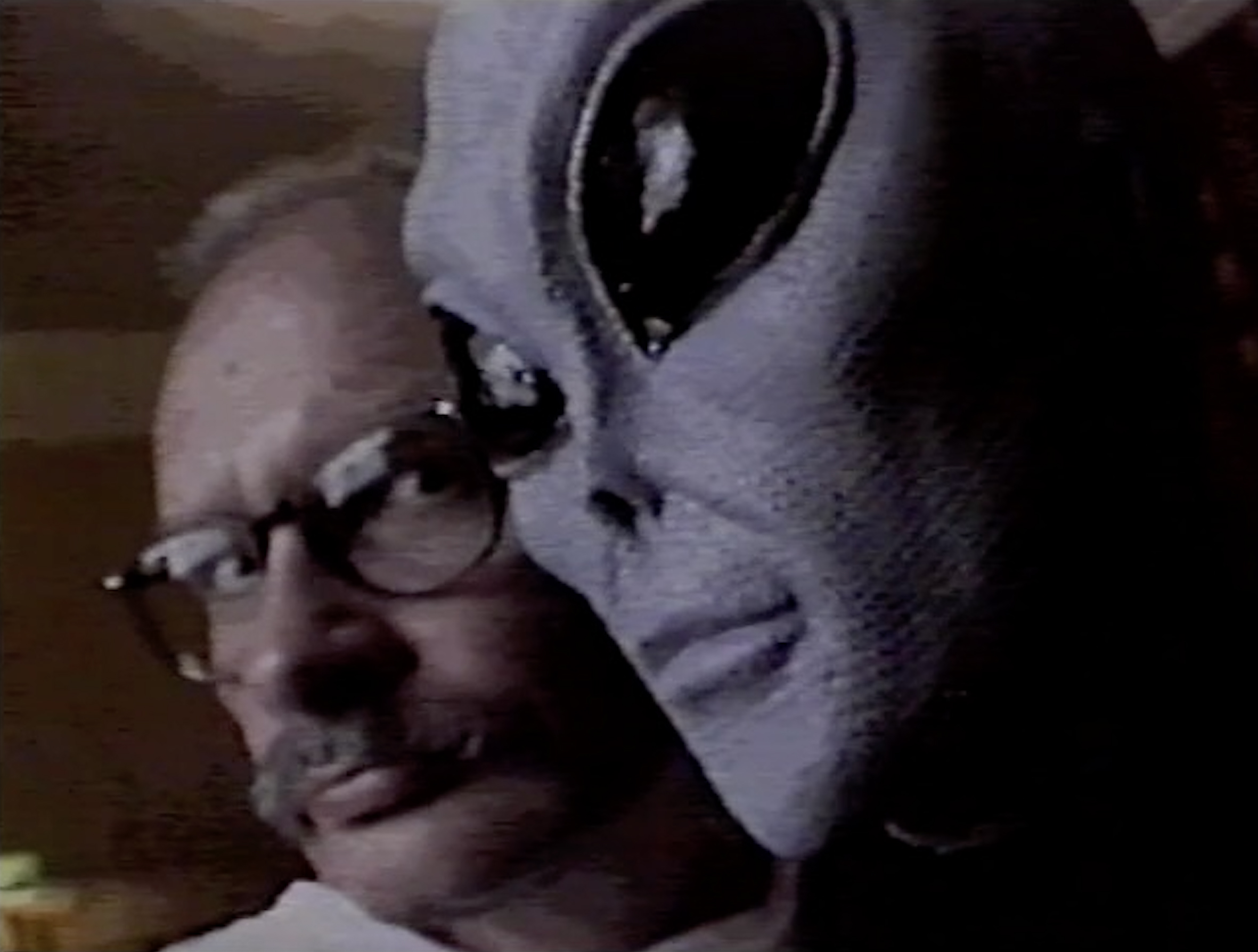Matt Peterson and Malek Rasamny: Spaces of Exception
e-flux is very pleased to present the online premiere of Matt Peterson and Malek Rasamny’s feature documentary Spaces of Exception.
The film is presented alongside a written Q&A with the filmmakers conducted by writer and critic Kareem Estefan.
Spaces of Exception premieres on e-flux Video & Film on Monday, September 27, where it will stream for two weeks through Monday, October 11.
Matt Peterson and Malek Rasamny, Spaces of Exception, 2018
90 minutes
Spaces of Exception investigates and juxtaposes the struggles, communities, and spaces of the American Indian reservation and the Palestinian refugee camp. The film was shot from 2014 to 2017 in Arizona, New Mexico, New York, and South Dakota, as well as in Lebanon and the West Bank. Directed by Matt Peterson and Malek Rasamny, it is an attempt to understand the significance of the land—its memory and divisions—and the conditions for life, community, and sovereignty.
Spaces of Exception comes out of the long-term multimedia project The Native and the Refugee, which has been presented in Canada, Denmark, Ecuador, England, France, Guatemala, Italy, Jordan, Lebanon, Palestine, Portugal, Syria, Turkey, and the United Arab Emirates, within the refugee camps and reservations were the film was shot, and at venues including cinemas, museums, and universities. The screening on e-flux Video & Film marks the film’s online premiere.
Matt Peterson and Malek Rasamny in conversation with Kareem Estefan (excerpt)
Kareem Estefan:
Your film is narrated entirely by residents of the camps and reservations, without voiceover or the commentary of non-residents. It is minimally framed by opening intertitles announcing the film’s subjects and by maps locating the reservations and camps, ahead of each site-specific section. Before the first intertitles, however, there are some formal choices that stand out as more active interventions: a montage of images and sounds juxtaposing Palestinian and Indigenous resistance, and the use of images from the lyrical documentary The Dream (dir. Mohamad Malas, 1987). How did you arrive at these decisions? What do you see as the significance of your interventions or non-interventions as filmmakers engaged in documentary?
Matt Peterson and Malek Rasamny:
To the extent that people know about reservations and camps, it is often by reading or hearing from people who do not live in those spaces, so this was the obvious beginning for us methodologically. We didn’t want to try to learn about these spaces at a library or university or governmental office, but to see and document and learn from people who inhabit them. Our aesthetic objective was to directly place the audience into the thick of these spaces, to immerse them in their sights, sounds, architecture, movement, and characters, with minimal outside references. Normative narrative and conceptual tropes of documentary cinema are aimed at helping audiences digest the images, but often end up making sense of these images on behalf of the audiences. Our idea was that, in the absence of those conventions, our audience would have a more visceral and raw, but also more engaged and ultimately thoughtful relationship with what they were seeing and hearing.
We generally tried to avoid the use of archival footage in our project, to make sure the emphasis was on the contemporary experiences and struggles of the reservations and camps. There’s so much mythology and nostalgia in both contexts that can cloud our view of what movements are like today for Palestinians and Native Americans. But in that opening sequence of Spaces of Exception we wanted to show a montage of this long history that got us to the present, and to intercut both spaces, which we otherwise didn’t do. In the film we maintain the specificity of each individual space by treating the film episodically, so you always know where you are. With the opening, we tried to look at what these places mean symbolically and historically, and what space they occupy in the popular historical and political imagination. Understanding that the opening montage was about exploring this blurred, imaginative space around the camp and the reservation, Malas’s film The Dream worked perfectly. Unlike so many films today, it was refreshing that he never takes the time to explain Palestine, Lebanon, or the struggle with Israel, and instead immediately immerses us in the interior lives of the camp dwellers. In some ways our film tried to echo that approach, the feel for the texture of daily life in the camps, and the genuineness and expressive character of the testimonies.
Watch the film and read the full conversation here.
Matt Peterson is an organizer at Woodbine, an experimental space in New York City. He directed the documentary film Scenes from a Revolt Sustained (2014), and co-edited the books In the Name of the People (2018) and The Mohawk Warrior Society (forthcoming spring 2022).
Malek Rasamny is a researcher and filmmaker based between Paris and Beirut. He was a founding member of the LERFE space in Harlem and the Red Channels film collective, and is co-editor of the book The Mohawk Warrior Society (forthcoming spring 2022). He is currently working on a doctoral research project on reincarnation in post-war Lebanon at the École des hautes études en sciences sociales (EHESS) in Paris.
Kareem Estefan is a writer, editor, art critic, and PhD candidate in Modern Culture and Media at Brown University, researching the poetics of witnessing and worldbuilding in Palestinian visual culture. His essays and reviews have been published in art magazines and cultural journals including 4 Columns, Artforum, Third Text, Art in America, Frieze, Ibraaz, World Records Journal, and the New Inquiry among others. Estefan is co-editor, with Carin Kuoni and Laura Raicovich, of Assuming Boycott: Resistance, Agency, and Cultural Production (OR Books, 2017), and he is currently a Dissertation Fellow at Darat al-Funun, for which he has curated the program “Worldbuilding in the Wake.”
For more information contact program@e-flux.com.









